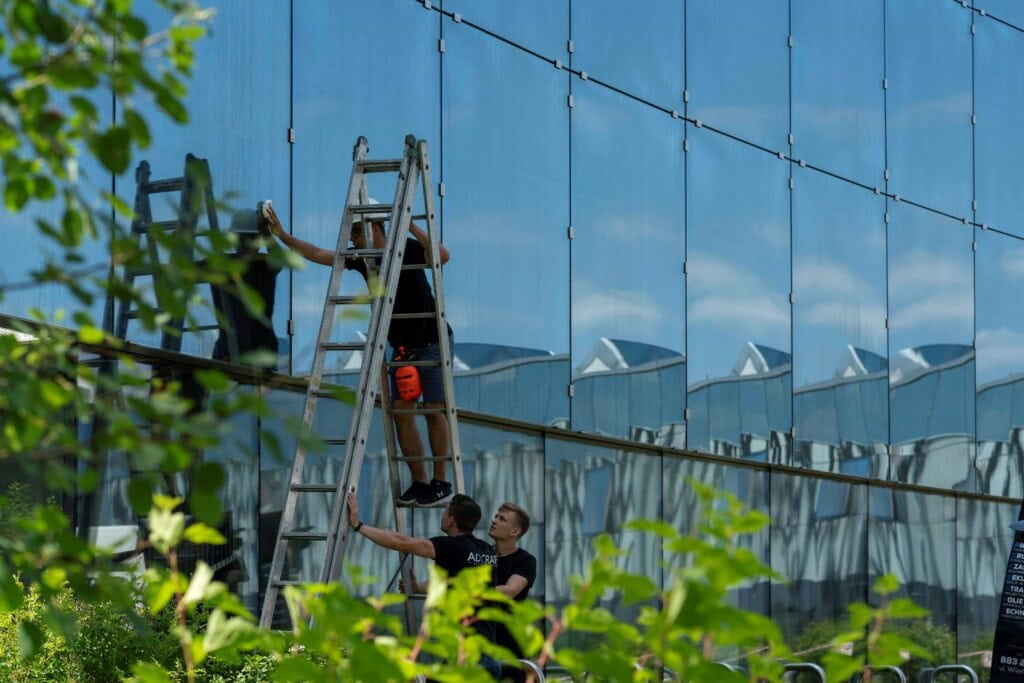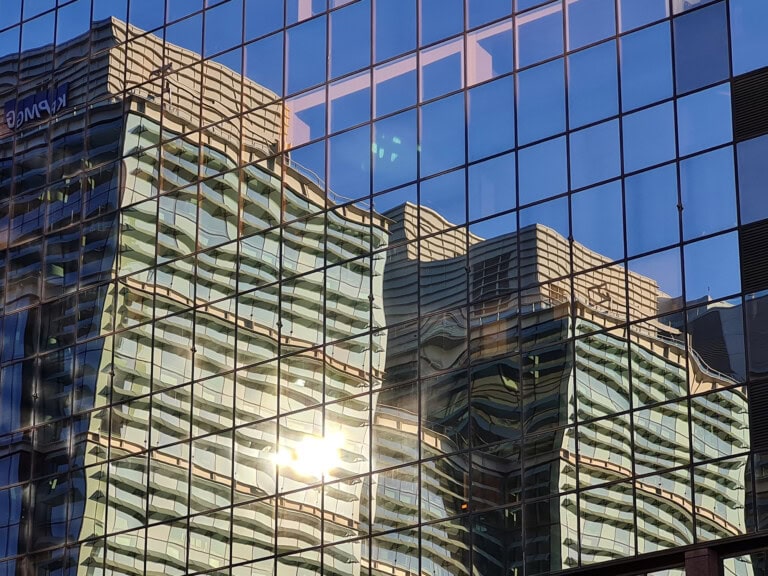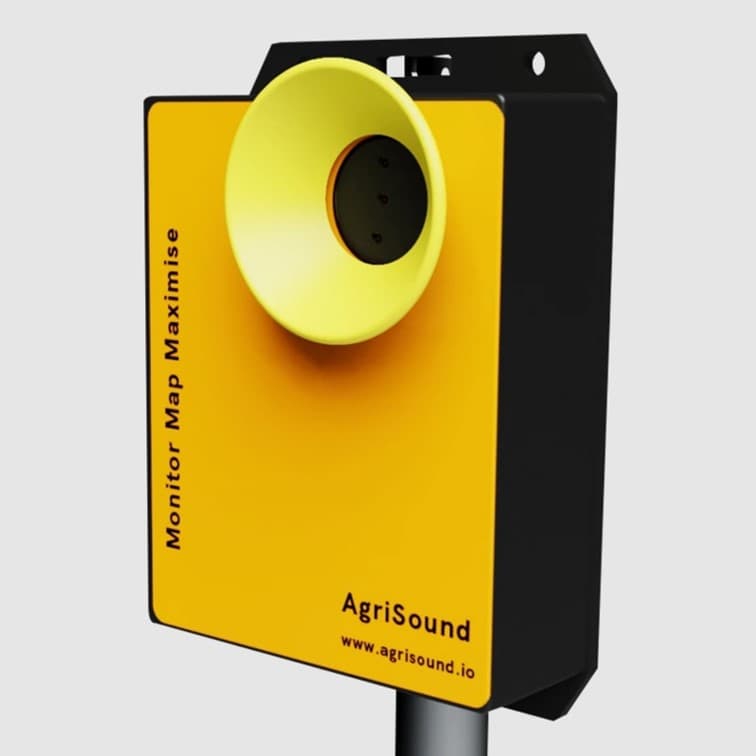Window film for reducing bird collisions

Problem Addressed
Glass is one of the most prolific materials found in urban areas. Unfortunately, birds cannot see glass and it is estimated by the British Trust for Ornithology that up to 33 million birds die in the UK each year from collisions with windows. Many current solutions to this problem are highly visible to humans which negatively affects customer acceptance.
Case Study
After noticing an alarming number of bird collisions and fatalities, The University of Bialystok in Poland installed 300 square meters of BirdShades’ window-film on their mathematics department’s façade. Data from before installation showed a large number of collisions and a 25% fatality rate. Post installation monitoring showed a 90% decline in collisions with only a handful of fatalities recorded during the monitoring period. The study will continue through 2024 to determine long-term effectiveness.
Facts and Figures
This page presents data, evidence, and solutions that are provided by our partners and members and should therefore not be attributed to UKGBC. While we showcase these solutions for inspiration, to build consensus, and create momentum for climate action, UKGBC does not offer commercial endorsement of individual solutions. If you would like to quote something from this page, or more information, please contact our Communications team at media@ukgbc.org.
Related members
Related
Insulating window coating for retrofit

Acoustic Sensors for Pollinators

Transparent Solar Photovoltaic Glazing

Paradise 11

